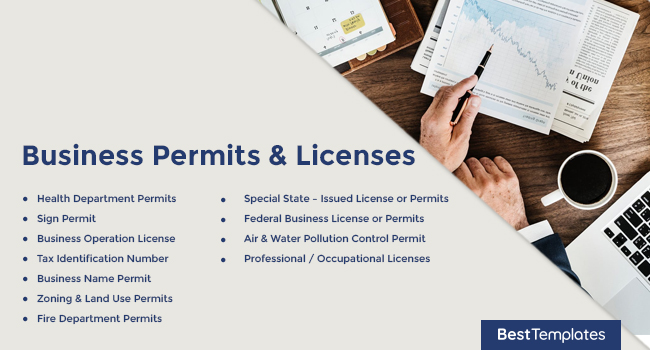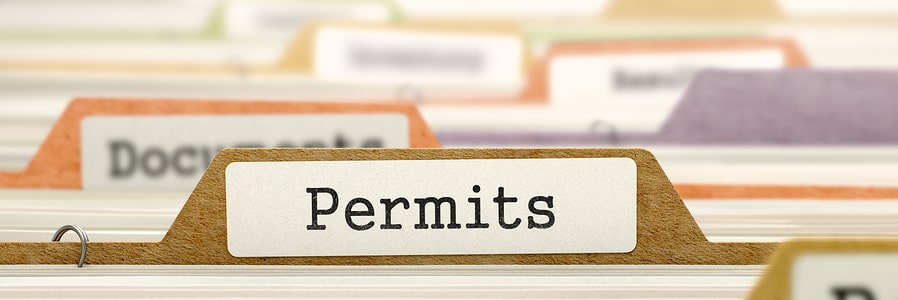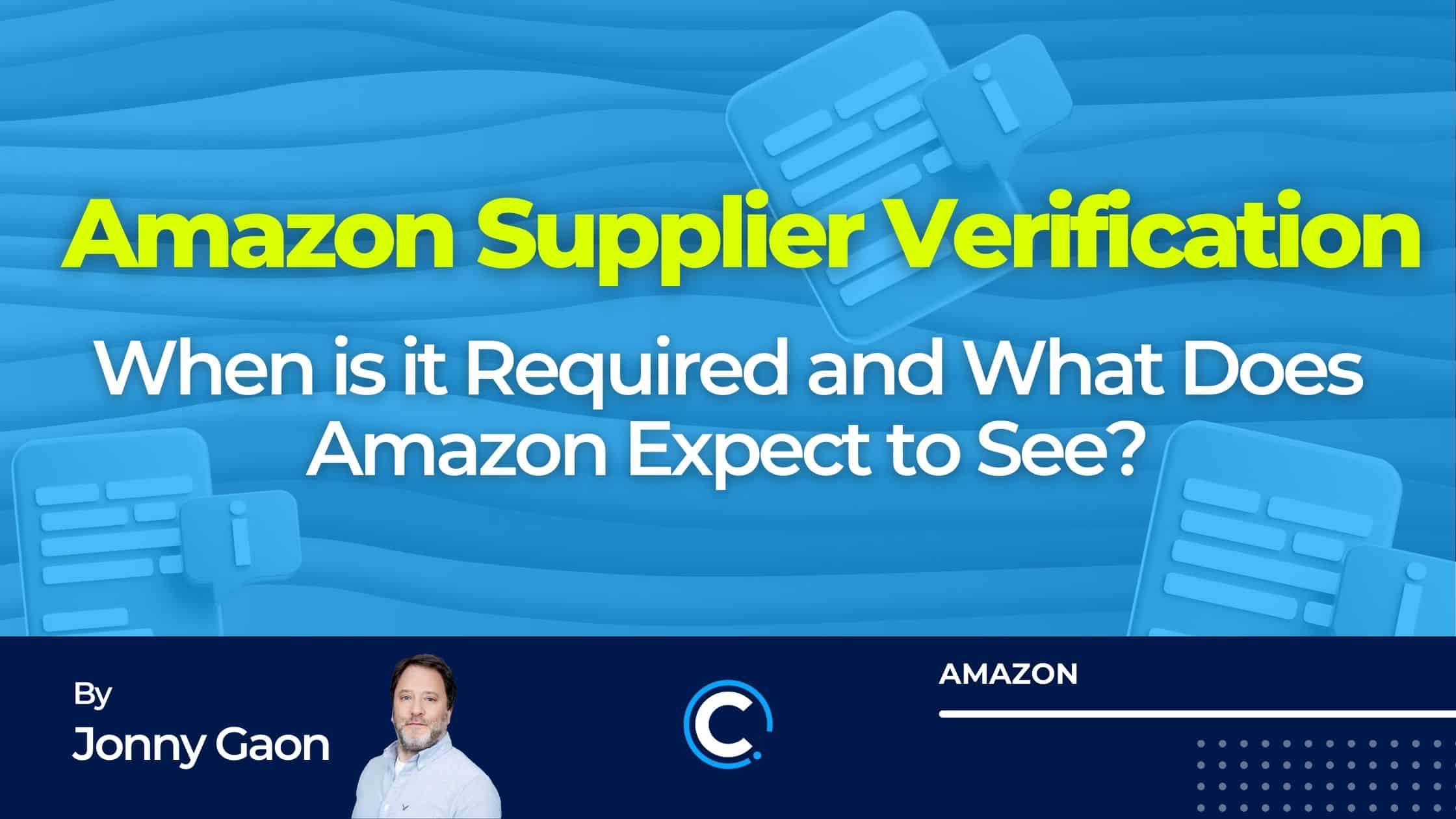Understanding Amazon’s Seller Requirements
Amazon has strict policies in place to ensure compliance with laws and regulations, and one of the key requirements for sellers is obtaining the necessary licenses and permits. The question “do you need a license to sell on Amazon” is a common one, and the answer is not always straightforward. Depending on the type of products being sold, sellers may need to obtain various licenses and permits to operate legally on the platform.
Amazon’s policies require sellers to comply with all applicable laws and regulations, including those related to licensing and permitting. This means that sellers must obtain any necessary licenses and permits before listing their products on Amazon. Failure to do so can result in account suspension, fines, and penalties.
Some products require special licenses and permits, such as food, pharmaceuticals, and medical devices. Sellers of these products must ensure that they have the necessary licenses and permits before listing them on Amazon. Additionally, sellers must also comply with Amazon’s policies and requirements for these types of products.
Amazon’s seller requirements also include providing accurate and up-to-date documentation, such as business licenses and sales tax permits. Sellers must ensure that their documentation is in order and that they are compliant with all applicable laws and regulations.
By understanding Amazon’s seller requirements, sellers can ensure that they are compliant with all applicable laws and regulations and avoid any potential consequences. This includes obtaining the necessary licenses and permits, providing accurate documentation, and complying with Amazon’s policies and requirements.
Types of Licenses and Permits Needed to Sell on Amazon
When it comes to selling on Amazon, there are various types of licenses and permits that sellers may need to obtain. The type of license or permit required depends on the type of product being sold, as well as the seller’s location and business structure. For example, sellers who plan to sell food or pharmaceutical products on Amazon will need to obtain special licenses and permits, such as a food service permit or a pharmaceutical license.
In addition to product-specific licenses, Amazon sellers may also need to obtain a sales tax permit, a business license, and other permits and licenses required by their state or local government. A sales tax permit, for instance, is required for sellers who plan to sell taxable products on Amazon and need to collect and remit sales tax to their state government.
Some examples of products that require special licenses and permits on Amazon include:
- Food products, such as meat, dairy, and baked goods
- Pharmaceutical products, such as prescription medications and supplements
- Medical devices, such as wheelchairs and hospital equipment
- Cosmetics and personal care products, such as skincare and haircare products
It’s essential for Amazon sellers to research and understand the licensing and permitting requirements for their specific products and business structure. Failure to obtain the necessary licenses and permits can result in account suspension, fines, and penalties.
When asking “do you need a license to sell on Amazon,” the answer is often yes, depending on the type of product being sold. By understanding the different types of licenses and permits required, Amazon sellers can ensure compliance with Amazon’s policies and laws, and avoid any potential consequences.
How to Obtain the Necessary Licenses and Permits
Obtaining the necessary licenses and permits to sell on Amazon can seem like a daunting task, but it’s a crucial step in ensuring compliance with Amazon’s policies and laws. To help sellers navigate this process, here’s a step-by-step guide on how to obtain the necessary licenses and permits:
Step 1: Determine the Type of License or Permit Needed
Sellers need to determine the type of license or permit required for their specific products and business structure. This can include sales tax permits, business licenses, and product-specific licenses. For example, sellers who plan to sell food products on Amazon will need to obtain a food service permit.
Step 2: Register for a Sales Tax Permit
Sellers who plan to sell taxable products on Amazon will need to register for a sales tax permit. This can be done through the seller’s state government website or through a third-party service provider. Sellers will need to provide documentation, such as a business license and tax ID number, to complete the registration process.
Step 3: Obtain a Business License
Sellers will need to obtain a business license to operate a legitimate business on Amazon. This can be done through the seller’s state government website or through a third-party service provider. Sellers will need to provide documentation, such as a business plan and tax ID number, to complete the application process.
Step 4: Meet Product-Specific Requirements
Sellers who plan to sell product-specific products, such as pharmaceuticals or medical devices, will need to meet specific requirements. This can include obtaining a pharmaceutical license or meeting FDA regulations.
By following these steps, sellers can ensure that they have the necessary licenses and permits to sell on Amazon. Remember, when asking “do you need a license to sell on Amazon,” the answer is often yes, depending on the type of product being sold. By obtaining the necessary licenses and permits, sellers can avoid consequences and ensure a successful selling experience.
Consequences of Not Having the Required Licenses and Permits
Not having the required licenses and permits to sell on Amazon can have serious consequences for sellers. Amazon has strict policies in place to ensure compliance with laws and regulations, and failure to comply can result in account suspension, fines, and penalties.
Account suspension is one of the most severe consequences of not having the required licenses and permits. If Amazon determines that a seller is not in compliance with their policies, they may suspend the seller’s account, which can result in lost sales and revenue.
In addition to account suspension, sellers who do not have the required licenses and permits may also be subject to fines and penalties. These fines and penalties can be substantial, and can have a significant impact on a seller’s business.
Furthermore, not having the required licenses and permits can also damage a seller’s reputation and credibility. If a seller is found to be non-compliant with Amazon’s policies, it can lead to negative reviews and feedback, which can harm their business and reputation.
It’s essential for sellers to understand the importance of having the required licenses and permits to sell on Amazon. By obtaining the necessary licenses and permits, sellers can avoid the consequences of non-compliance and ensure a successful selling experience.
When asking “do you need a license to sell on Amazon,” the answer is often yes, depending on the type of product being sold. By understanding the consequences of not having the required licenses and permits, sellers can take the necessary steps to ensure compliance and avoid any potential consequences.
Amazon’s Verification Process: What to Expect
Amazon’s verification process is an essential step in ensuring that sellers are compliant with their policies and laws. When asking “do you need a license to sell on Amazon,” the answer is often yes, and Amazon’s verification process is designed to verify that sellers have the necessary licenses and permits.
The verification process typically begins when a seller creates an account on Amazon. Sellers will be required to provide documentation, such as a business license and tax ID number, to verify their identity and business information.
Amazon will then review the documentation and verify the seller’s licenses and permits. This may involve contacting the seller’s state government or other regulatory agencies to confirm the validity of the licenses and permits.
The verification process can take several days to several weeks, depending on the complexity of the seller’s business and the type of licenses and permits required. Sellers will be notified via email when their account has been verified and they are approved to sell on Amazon.
It’s essential for sellers to ensure that they have all the necessary licenses and permits before applying for verification. Failure to provide accurate documentation or comply with Amazon’s policies can result in account suspension or rejection.
Amazon’s verification process is designed to protect both the seller and the buyer. By verifying the seller’s licenses and permits, Amazon can ensure that the seller is compliant with laws and regulations, and that the buyer is protected from potential harm.
Common Mistakes to Avoid When Selling on Amazon
When selling on Amazon, it’s essential to avoid common mistakes that can lead to account suspension, fines, and penalties. One of the most critical mistakes is not having the required licenses and permits. When asking “do you need a license to sell on Amazon,” the answer is often yes, and failing to obtain the necessary licenses and permits can have severe consequences.
Another common mistake is not following Amazon’s policies and procedures. Amazon has strict policies in place to ensure compliance with laws and regulations, and failing to follow these policies can result in account suspension or rejection.
Not providing accurate documentation is also a common mistake. Amazon requires sellers to provide accurate and up-to-date documentation, such as business licenses and tax ID numbers. Failing to provide accurate documentation can lead to account suspension or rejection.
Additionally, not monitoring account performance is a common mistake. Amazon sellers need to regularly monitor their account performance to ensure compliance with Amazon’s policies and procedures. Failing to do so can lead to account suspension or rejection.
Finally, not staying up-to-date with Amazon’s policies and changes is a common mistake. Amazon’s policies and procedures are constantly evolving, and sellers need to stay informed to avoid mistakes. Failing to do so can lead to account suspension or rejection.
By avoiding these common mistakes, Amazon sellers can ensure a successful selling experience and avoid consequences. It’s essential to understand the importance of licenses and permits, follow Amazon’s policies and procedures, provide accurate documentation, monitor account performance, and stay up-to-date with Amazon’s policies and changes.
Best Practices for Maintaining Compliance on Amazon
Maintaining compliance on Amazon requires ongoing effort and attention to detail. To ensure a successful selling experience, it’s essential to follow best practices for maintaining compliance. When asking “do you need a license to sell on Amazon,” the answer is often yes, and maintaining compliance is crucial to avoid consequences.
Regularly Review and Update Licenses and Permits
Amazon sellers need to regularly review and update their licenses and permits to ensure compliance with Amazon’s policies and laws. This includes checking for any changes to licensing requirements, updating documentation, and ensuring that all licenses and permits are current and valid.
Monitor Account Performance
Monitoring account performance is critical to maintaining compliance on Amazon. Sellers need to regularly check their account performance to ensure that they are meeting Amazon’s requirements and to identify any potential issues before they become major problems.
Stay Up-to-Date with Amazon’s Policies and Changes
Amazon’s policies and procedures are constantly evolving, and sellers need to stay informed to avoid mistakes. This includes regularly checking Amazon’s seller central for updates, attending webinars and training sessions, and participating in online forums and communities.
Use Amazon’s Tools and Resources
Amazon provides a range of tools and resources to help sellers maintain compliance, including the Seller Central dashboard, the Amazon Seller App, and the Amazon Seller University. Sellers should take advantage of these tools and resources to ensure that they are meeting Amazon’s requirements and to stay up-to-date with the latest policies and changes.
By following these best practices, Amazon sellers can maintain compliance and avoid consequences. It’s essential to remember that maintaining compliance is an ongoing process that requires regular attention and effort.
Conclusion: Why Licenses and Permits Matter for Amazon Sellers
In conclusion, licenses and permits are a crucial aspect of selling on Amazon. When asking “do you need a license to sell on Amazon,” the answer is often yes, and understanding the requirements is essential to avoid consequences and ensure a successful selling experience.
Amazon’s policies and laws are in place to protect both the seller and the buyer, and compliance is essential to maintaining a successful selling experience. By understanding the types of licenses and permits required, how to obtain them, and the consequences of not having them, sellers can ensure that they are meeting Amazon’s requirements and avoiding potential issues.
Additionally, by following best practices for maintaining compliance, such as regularly reviewing and updating licenses and permits, monitoring account performance, and staying up-to-date with Amazon’s policies and changes, sellers can ensure that they are always in compliance and avoiding potential consequences.
In summary, licenses and permits are a critical aspect of selling on Amazon, and understanding the requirements is essential to success. By following the guidelines and best practices outlined in this article, sellers can ensure that they are meeting Amazon’s requirements and avoiding potential consequences.
Remember, compliance is key to a successful selling experience on Amazon. By prioritizing compliance and following the guidelines outlined in this article, sellers can ensure that they are always meeting Amazon’s requirements and avoiding potential consequences.






